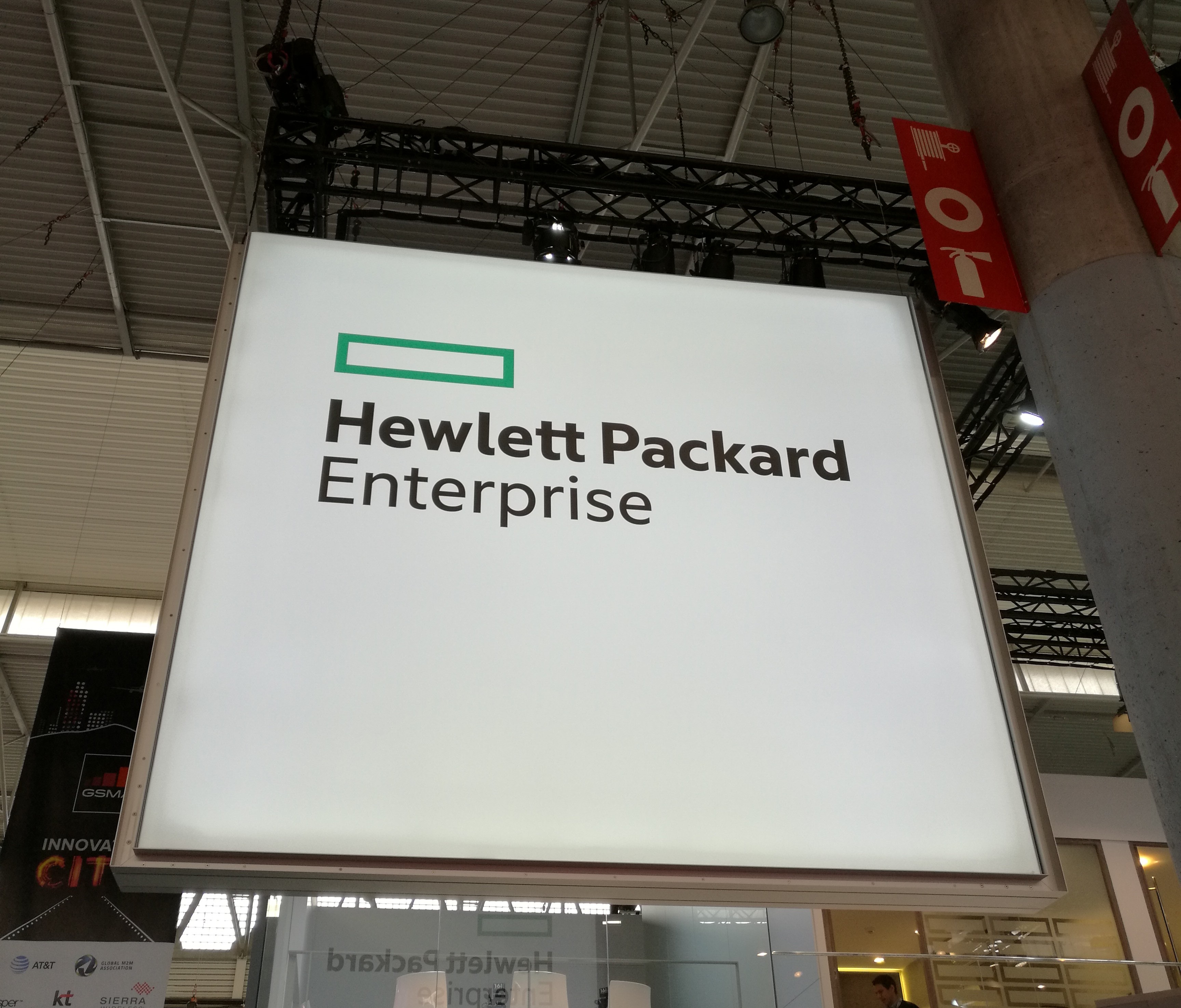

HPE has launched a series of on-premises pay-per-use workload services that combine on-premises hardware with cloud-style pricing.
The new offerings are based on the existing Flex Capacity service, which offers on-premises, pay-per-use infrastructure through HPE’s Pointnext services group, but expands the concept into specific workloads such as big data analysis and SAP HANA.
The new range, now branded HPE GreenLake, kicked off the HPE Discover conference in Madrid and initially sees infrastructure managed directly by HPE, with a reseller version currently undergoing trials.
With GreenLake HPE is tapping into growing demand for cloud-style pay-per-use computing, while acknowledging firms aren’t necessarily prepared to shift important workloads to a remote data centre.
IBM targets the same need with its recently launched Cloud Private software platform, and last month HPE teamed up with Rackspace to offer OpenStack Private Cloud, which uses a pricing model similar to the public cloud combined with HPE hardware that can be hosted on the customer’s premises, by Rackspace or at a third-party colocation space.
HPE said it is aiming to distinguish GreenLake in part through the enterprise-grade advisory, professional services and remote management provided by Pointnext, along with purpose-built reference architectures.
Customers will also have access to digital training resources to help IT departments make the most out of GreenLake.
“HPE GreenLake offers an experience that is the best of both worlds – a simple, pay-per-use technology model with the risk management of data that’s under the customer’s direct control,” stated HPE Pointnext general manager Ana Pinczuk.
The company is initially providing five workloads, and said it plans to bring in more soon.
They cover Hadoop-based big data analysis, Commvault backup, EDB Postgres-based database, a SAP HANA in-memory relational database management system appliance, and an Edge Compute framework for managing large amounts of data from “Internet of Things” devices.
HPE didn’t provide specifics on pricing but said the workload-based products would use the established Flex Capacity model, which it claims is competitive with the pricing of public cloud services such as Amazon Web Services (AWS).
The company also added to Flex Capacity with new modular infrastructure packages to help with capacity planning, more technology options including high-performance computing, Microsoft Azure Stack and HPE SimpliVity hyperconverged hardware.
HPE acquired Cloud Technology Partners in September, adding to the advisory services it offers to help customers find the right mix of private and public cloud elements.
How well do you know the cloud? Try our quiz!
OpenAI chief operating officer Brad Lightcap to oversee international expansion as company consolidates lead in…
Chinese researchers publish details on device that could wreak havoc on undersea communications cables in…
Former Intel chief Gelsinger expands role at Gloo, becoming executive chairman and head of technology…
MEPs add to Commission pressure for second EU Chips Act amidst industry calls for renewed…
Smartphone maker Xiaomi reportedly raises about $5.5bn in Hong Kong share sale as it invests…
BYD's Qin L EV sedan starts at about half the price of Tesla's Model 3,…